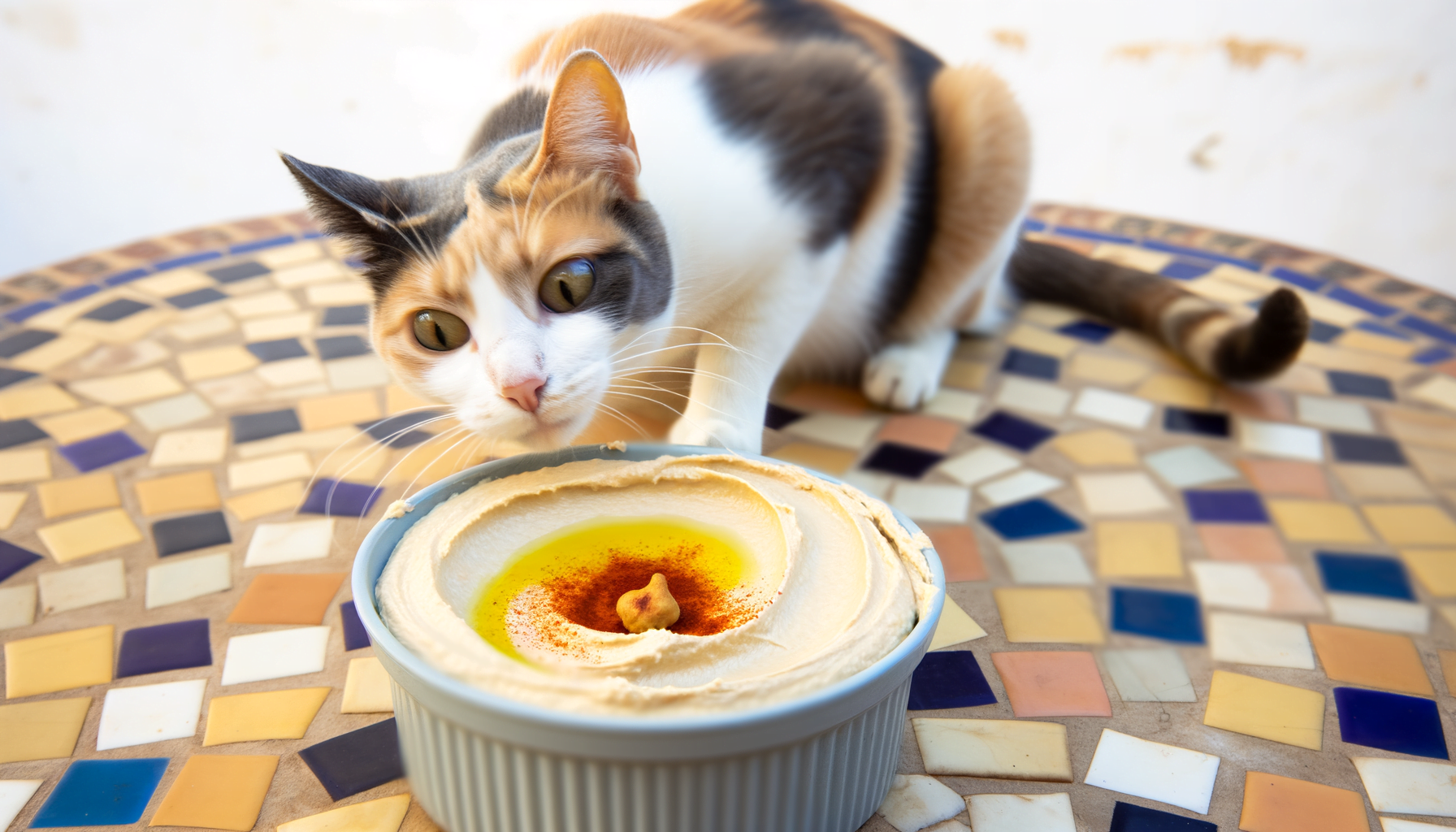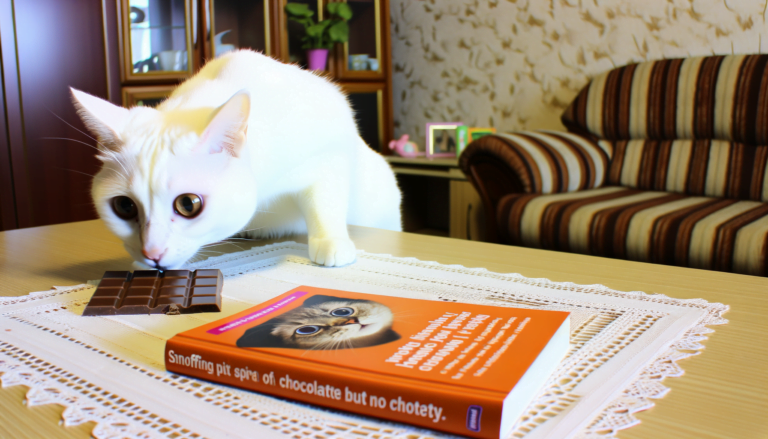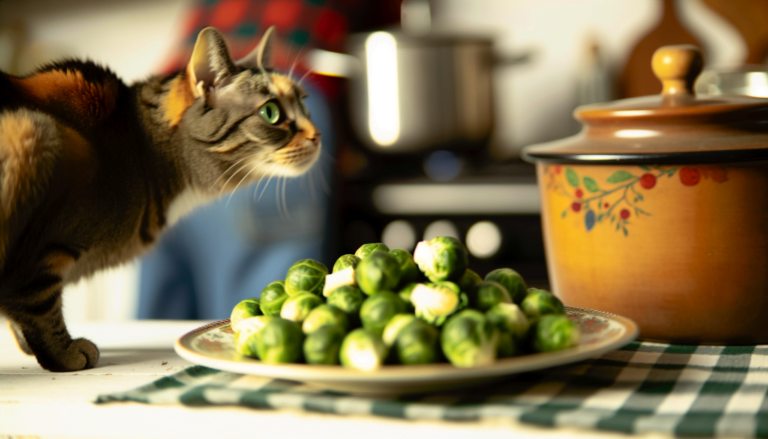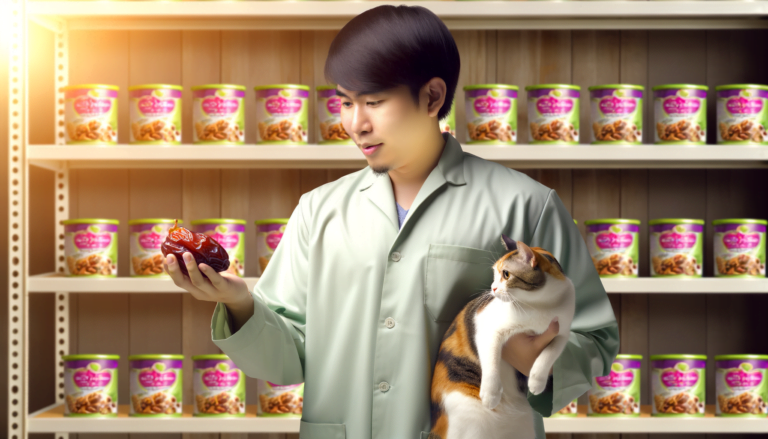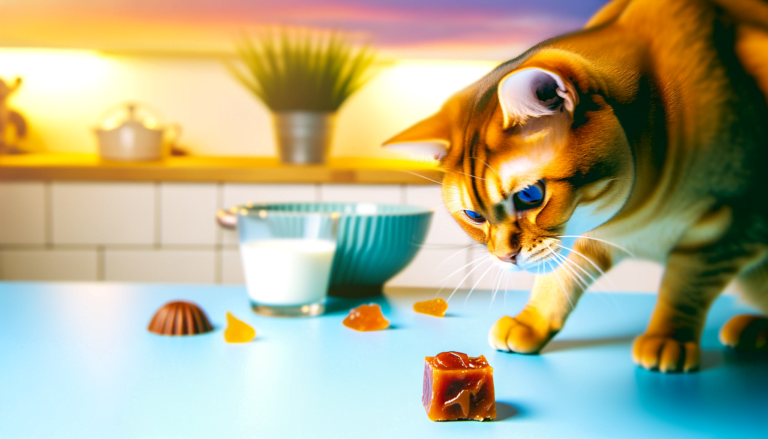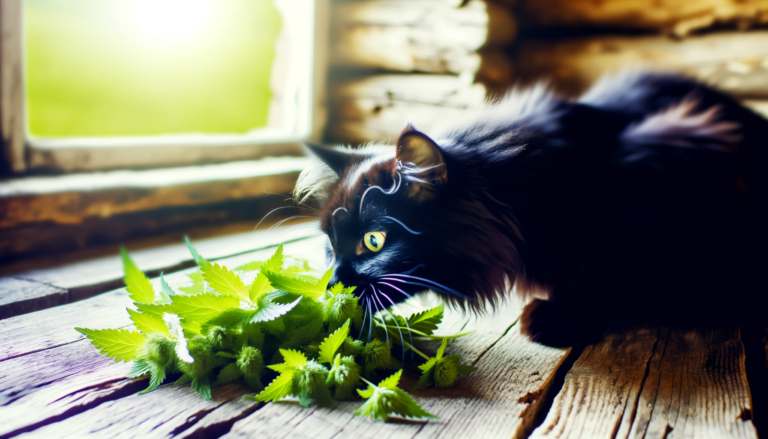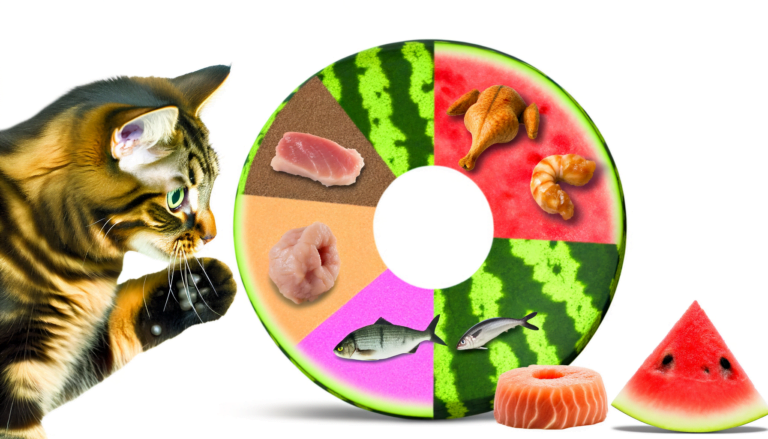Unraveling the Mystery: Can Cats Safely Indulge in Hummus?
No, cats should not eat hummus. While hummus is a healthy snack for humans, it contains ingredients, namely garlic and lemon juice, that are toxic to cats. Garlic can cause damage to a cat’s red blood cells, leading to anemia, while lemon juice’s high acidity can upset a cat’s stomach. Therefore, it’s best to stick to cat-specific food and treats to ensure the health and happiness of your feline friend.
Understanding a Cat’s Dietary Needs
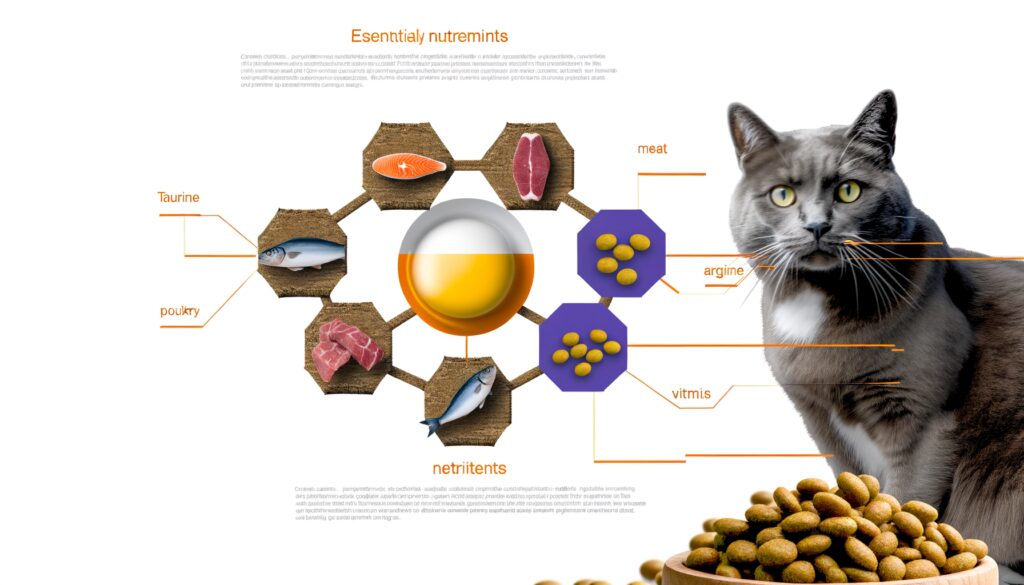
Cats are obligate carnivores, which means that their nutritional needs are best met by a diet focused heavily on high-quality meat sources. In essence, they require specific nutrients such as taurine, vitamin A, and arachidonic acid, which are naturally found in meat. Any deviation from this diet could lead to nutritional deficiencies.
Despite their fondness for variety in their food intake, the majority of a cat’s diet should ideally consist of proteins. They possess the natural ability to break down and assimilate these protein-rich foods efficiently, owing to their unique metabolic setups. Moreover, the right balance of proteins, vitamins, minerals, and a minimal amount of carbohydrates is essential for their overall vitality.
Proper understanding of a cat’s dietary needs can provide a basis for discerning whether other foods, like hummus, should have a place in their food bowl. A key consideration would lie in evaluating if such foods are nutritionally beneficial to cats, or if they might pose potential health risks. Thus, this knowledge serves as a critical starting point for making informed feeding decisions for feline companions.
Safe Human Foods for Cats: Alternatives to Hummus
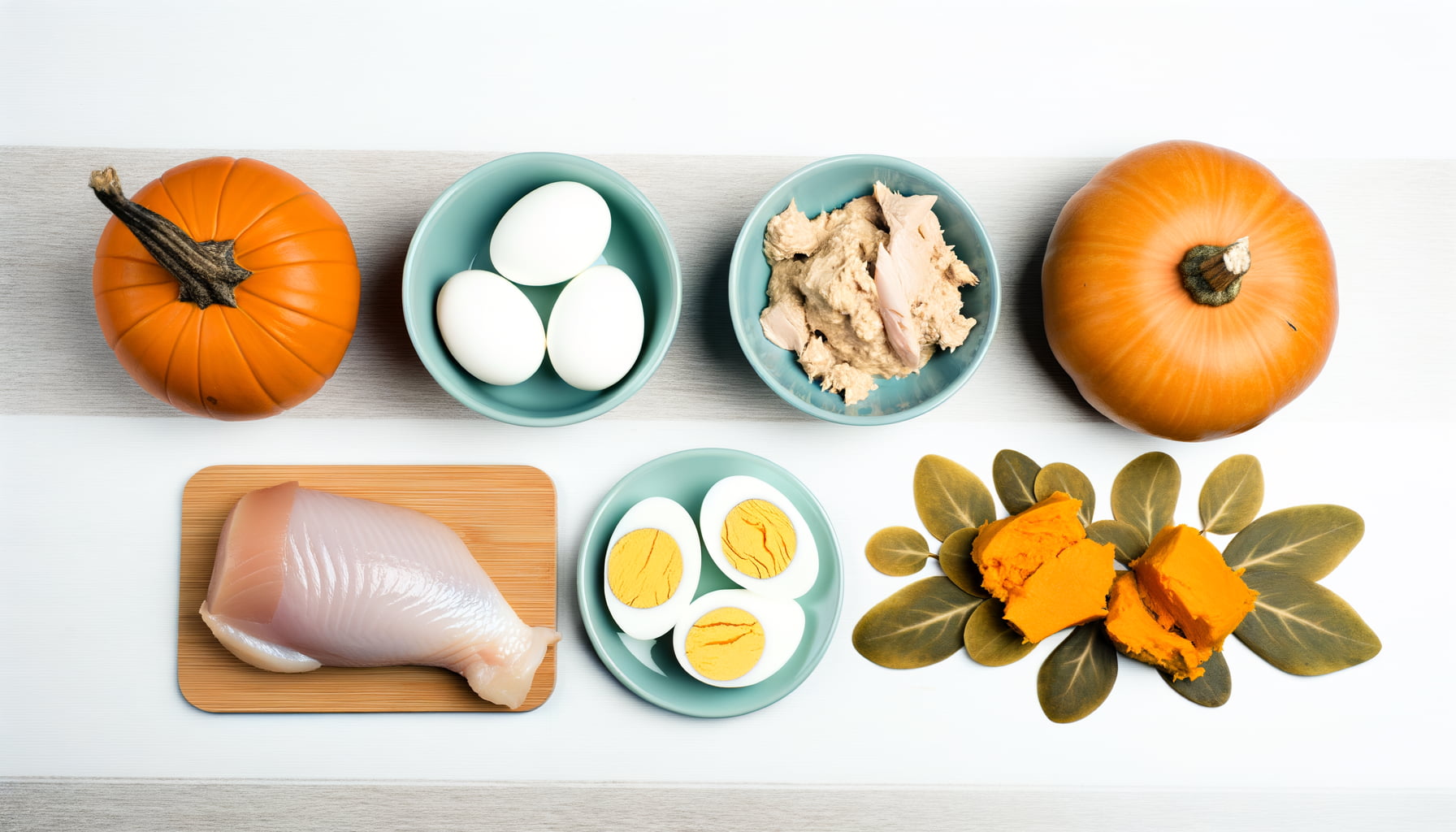
Cats’ dietary requirements are specific, and not all human foods are suitable or healthy for them. It’s critical to understand that their nutritional needs differ significantly from ours. Consequently, choosing feline-friendly alternatives to hummus requires a keen understanding of what serves their health best.
Felines thrive on a diet that is high in protein. It’s no surprise that cooked meat is one of the safest options when considering human foods for cats. Chicken, turkey, or fish are well-tolerated alternatives, always ensuring that it’s served in small quantities and without any harmful seasonings like garlic or onions.
Contrary to popular belief, cats are not obligated carnivores. Some vegetables, such as carrots and peas, can be enjoyed by our feline friends. They could also be served certain types of fish, like cooked salmon or tuna, for Omega-3 fatty acids. However, they should never replace carnivorous dietary needs. These alternatives may not fully replace hummus in terms of palatability, but they will, without a doubt, cater to a cat’s nutritional needs in a safe manner.
Ingredients Present in Hummus: Breakdown and Effects on Cats
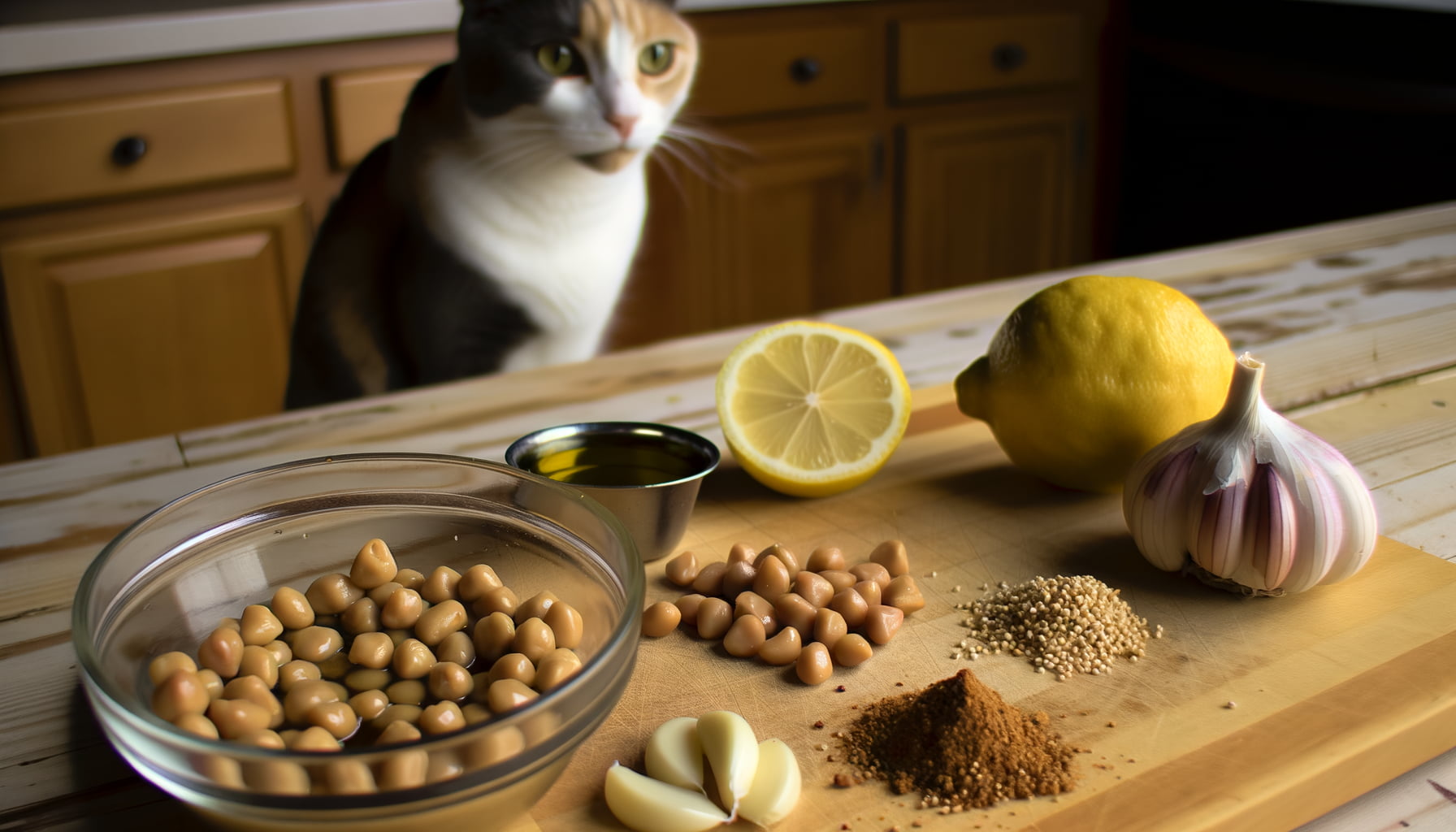
Hummus, a popular dip, contains several ingredients, each of which can impact cats differently. The primary ingredient is chickpeas, which are a rich source of protein and fiber. While not inherently harmful, cats – being obligate carnivores – require animal-based proteins for optimal health.
Another crucial ingredient in hummus is tahini – a paste derived from sesame seeds. While not toxic, cats tend to struggle digesting high-fat foods like tahini, leading to uncomfortable gastrointestinal issues. Similarly, garlic and onions, flavorful components of many hummus varieties, are notably harmful to cats due to their potential to damage red blood cells and cause anemia.
Olive oil and lemon juice are also typical in hummus, and they pose little to no threat to cats when ingested in small quantities. However, the impression overall is that, though hummus is not outright ‘poison’ for cats, it doesn’t align with their dietary needs. Hence, it’s best to treat hummus as off-limits for our feline friends, utilizing safer alternatives when sharing food with them.
The Potential Risks of Feeding Hummus to Cats
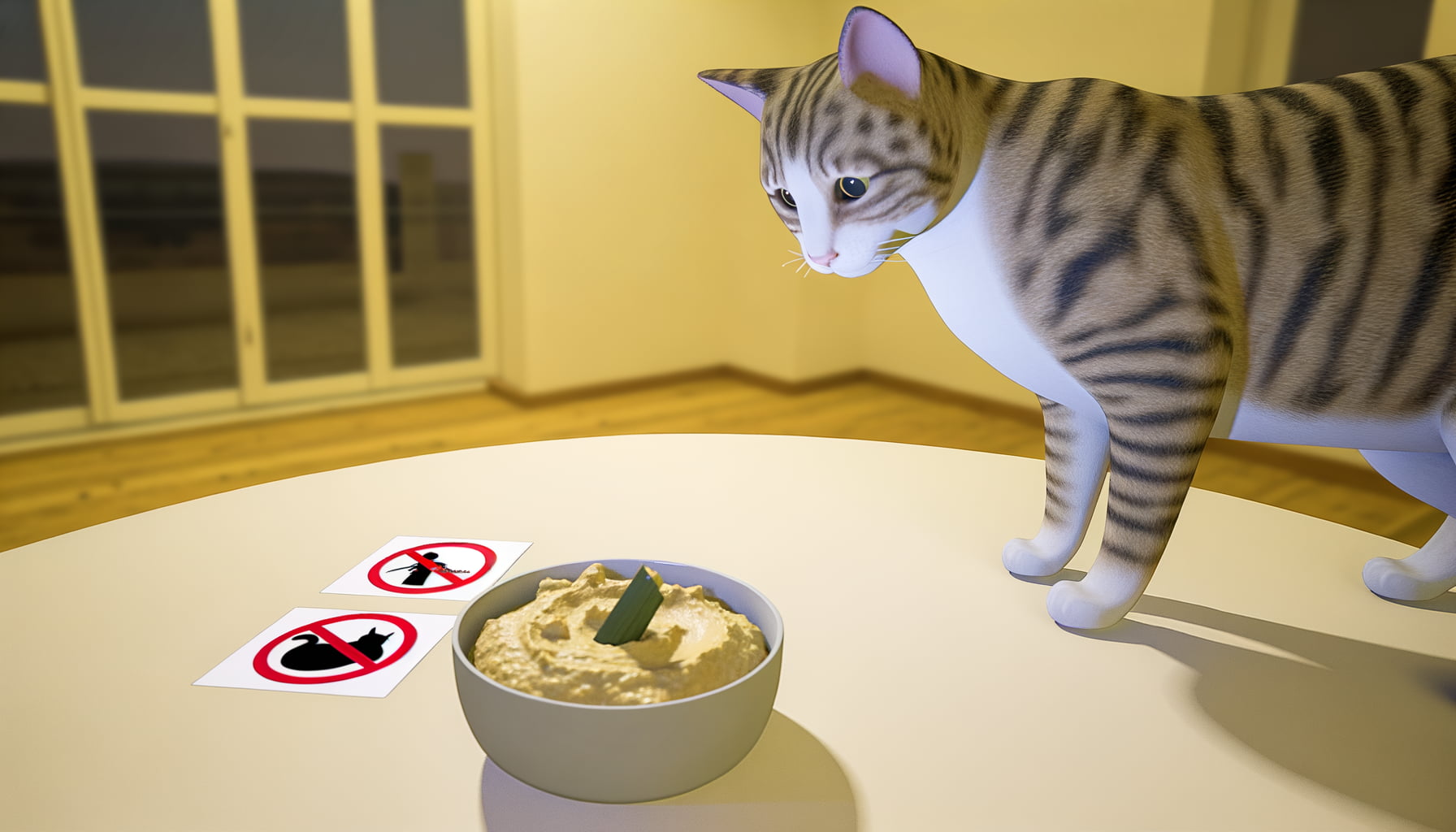
Providing your feline companion with hummus poses potential risks, primarily due to the ingredient garlic. Renowned for its toxicity to cats, ingestion of garlic can lead to certain conditions such as anemia, which is characterized by pale gums, rapid heart rate, and lethargy. The presence of a compound called thiosulfate, which cats cannot properly digest, makes garlic a substantial hazard.
Additionally, tahini and lemon juice, both key ingredients in hummus, can cause digestive upset in cats. While a small amount might not have immediate adverse effects, regular consumption could lead to long-term digestive issues such as chronic diarrhea or constipation. Furthermore, hummus, being quite rich and high in fats, can contribute to weight gain and associated health complications if consumed excessively.
An occasional lick of hummus may not pose a severe threat, but it’s advisable to refrain from regularly incorporating it into your cat’s diet. Instead, consider cat-friendly alternatives. In conclusion, it’s always paramount to consult with a veterinarian before introducing new foods into your pet’s diet to ensure their safety and wellness.
Conclusion
After exploring the question of whether cats can safely indulge in hummus, it is clear that moderation is key. While some ingredients in hummus can be harmful to cats, a small taste here and there is unlikely to cause harm. However, it is always best to consult with a veterinarian before introducing any new food into your feline friend’s diet.
Overall, while cats may be curious about hummus, it is important to prioritize their health and well-being. By being mindful of the ingredients and portion sizes, you can ensure that your furry companion stays safe and healthy while enjoying a small indulgence now and then.
